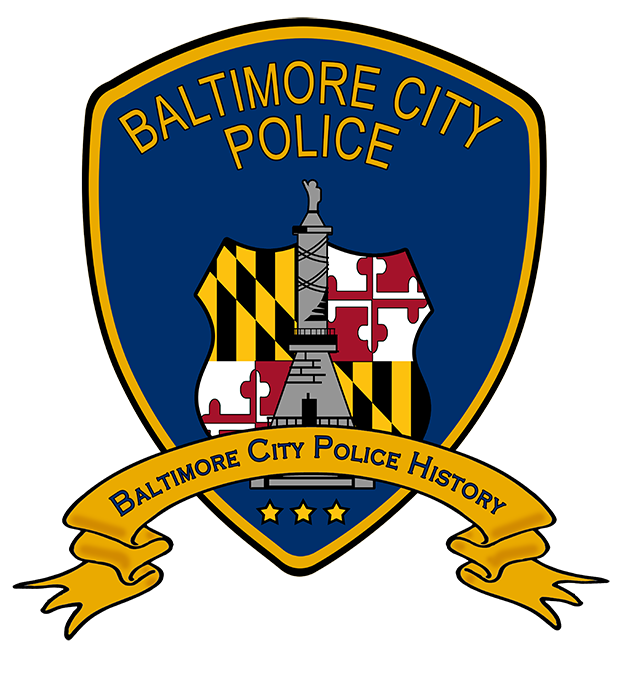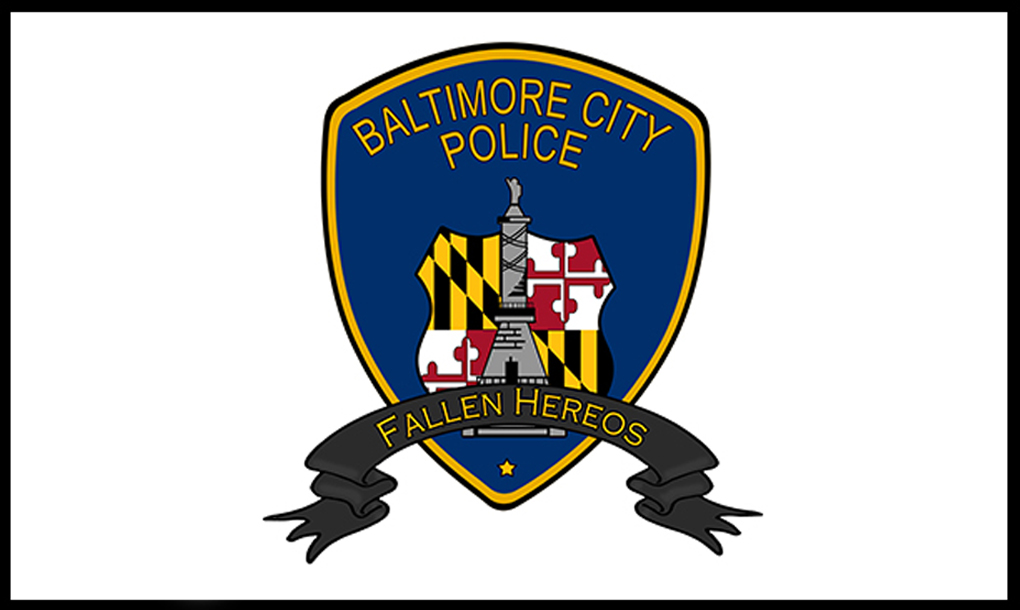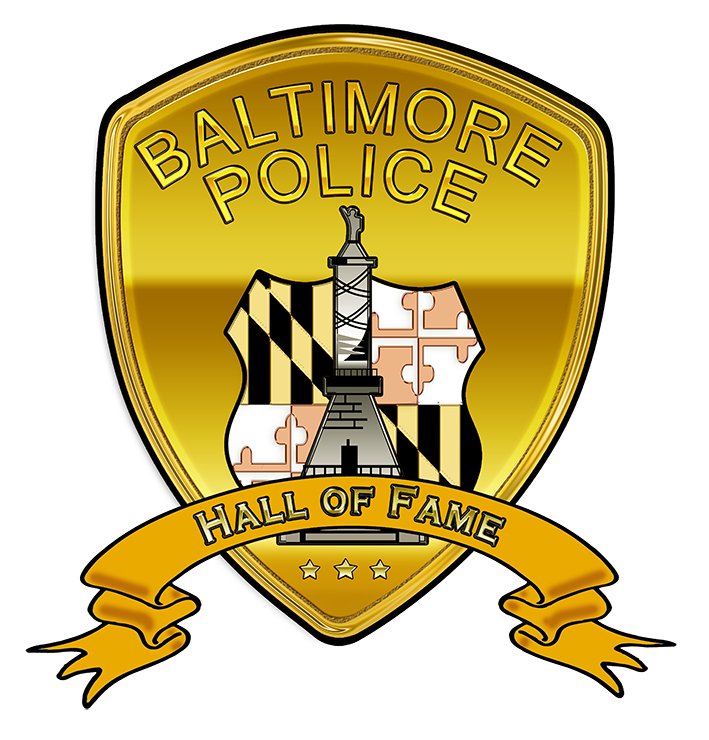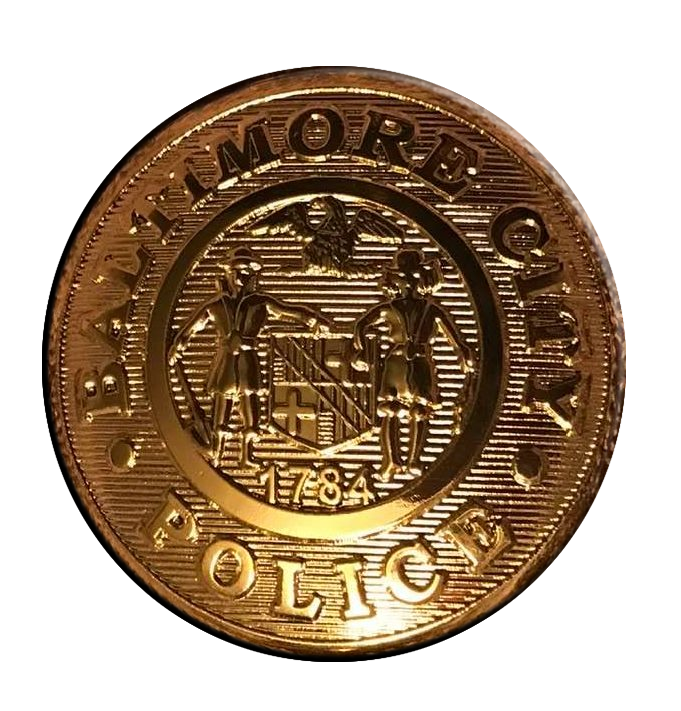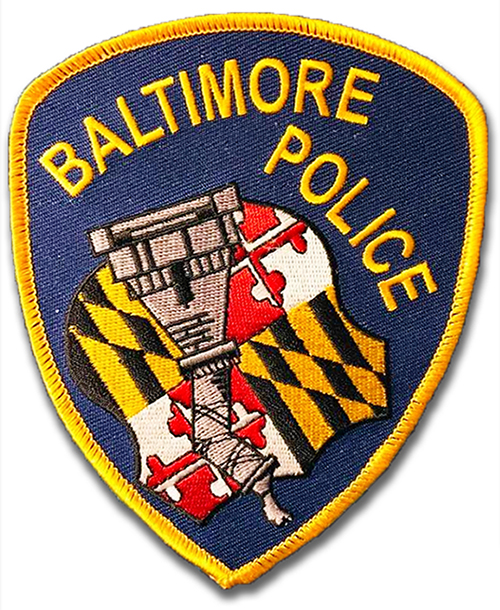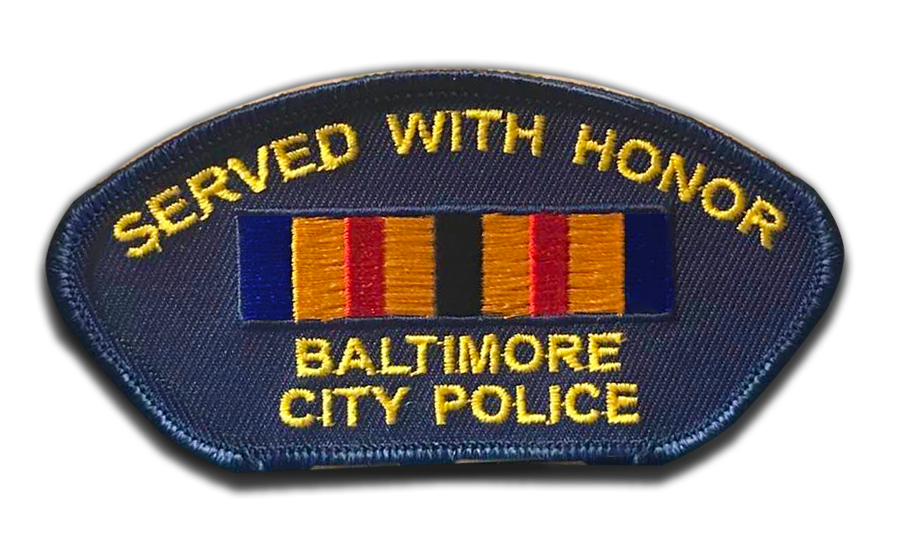On this day in Baltimore Police History 1895, we lost our brother, Police Officer John J. Dailey, to gunfire based on the following:
As the result of arresting three men during a struggle at Charles and Conway Streets, Officer Dailey walked to a local doctor to have first aid applied to what he thought were superficial scrapes. On route, he felt blood trickling down his back and really didn’t pay any attention t it as he continued along his way. While at the doctors, it was discovered that Officer Dailey had been shot in the small of his back, He was advised to go to the hospital. AT this point, he walked back to the station house, where a horse wagon took him to University Hospital. A staff Doctor advised him that his wound was serious and could prove fatal. Officer Dailey felt it was not that serious; he just walked to a doctor, then to the station and then was driven to the Hospital, He insisted on going home. The shooting of officer Dailey occurred on August 26, 1895 and he died of blood poisoning on this day, October 17, 1895.
From the Baltimore Sun, 1895: His Dying Statement
This is a story which the patrolman’s brother and sister told on the witness stand at a Towson Courthouse. The defense tried to have the testimony excluded but failed.
The dying statement of Patrolman John J. Dailey, of Baltimore, to the effect that Roger Dougherty, Patrick Kane, and John Diviney killed him, was admitted as evidence yesterday at a Towson court house where the trial of the three men was continued.
The statement was repeated by the dead man’s brother. William Dailey, who is a member of the Baltimore Fire Department, and by his sister, Mrs. Baunah Frank
Firemen Daily visited the wounded patrolman twice a day while he was at the hospital and three times a day when he was at home. On Wednesday, October 16th, the day before the patrolman died, his brother was with him in the morning when the sick man said he was dying and requested the brother send for a doctor.
Statement to Big Brother
It was testified by firemen daily that he tried to reassure the suffering man but the latter replied, “No Bill, the death pain has struck me; I will not live to see Sunday.” Tell me all about the shooting, then! Said William Dailey. “I was on the east side of Charles street”, said the dying man, according to his brothers testimony, “When the three men came down the street, making a disturbance on the opposite side. I crossed over and warned them to stop. Dougherty called me an Irish ________ and I grabbed him to arrest him. - With that, Kane grabbed my club and struck me over the head, knocking me down. I was trying to get up from my hands and knees when Divinely kicked me. Kane then yelled to Dougherty get his pistol and give it to him. Dougherty took the pistol out of my pocket and shot me in the back”
Corroborated by Ms. Franck
Mrs. Frank was called to the stand and repeated the statement almost word for word as it was given by her brother before Justice Schenkel arrived to take a sworn statement of the dying man. These two witnesses said that the Patrolman became unconscious. The next morning, he died without regaining consciousness.
Trying to Exclude Testimony
While the brother and sister were on the stands, the crowd in the courtroom was still; the jury leaning forward in their seats to catch every word, and the three prisoners showing more interest in the proceeding than they had before expressed in their matter. The testimony on the two witnesses had not admitted until nearly an hour had been consumed in an effort by that prisoners and lawyers to have excluded. William Campbell & Duncan read authorities as to the admission in testimony of dying statements, and they asserted that the charge of Patrolman Dailey was not made when he was in fear of death. Another argument was that he was not responsible for this statement because it was made when his mind was clouded by opiates, which had been administered to relieve the excruciating pain he suffered. The brother’s interest in securing a conviction was also alluded to.
His Mind was Clear
The foundation of the statement had been carefully laid by the authorities for the eight prosecutions: the state’s attorney . Of Baltimore County John Kansan and State’s Attorney for Baltimore City, Duff. Patrolman Dailey's sister and brother were recalled by them to say that his mind was clear and that on the day the statement was made, a dose of opiate mixer had not been given to him until after he had made a declaration as to the guilt of the prisoners and when his pain became so great that he begged for relief.
The Evidence in Admitted
Judge Fowler said that in passing on the objection, we have nothing to do with the general rules but with the value of truth or falsity of this statement. The state has shown that Dailey’s mind was clear and that he believed he was about to die. We can do nothing else but admit the testimony. It is for the jury to determine its value and its truth.
The Patrolman’s widow
The patrolman’s widow, Mrs. Magee Dailey, stated that her husband said on the day before his death that he was dying. She was overcome by grief and left the room, just as she heard him say, “Dougherty did it.”
She also said her husband was a member of Saint Mary Star of the Sea Church, and on the Saturday before his death, he was visited by the pastor of the church, Rev. Weldon, who administered the last rites to him.
Mr. and Mrs. Dailey had been married for 30 years and had four children, of whom the eldest is a 10-year-old boy and the others our girls, the youngest being 18 months old.
As his brothers and sisters of the Baltimore Police Department, we will not let him be forgotten, His service Honored the City of Baltimore and the Baltimore Police Department may he rest in peace, and may God bless him.

